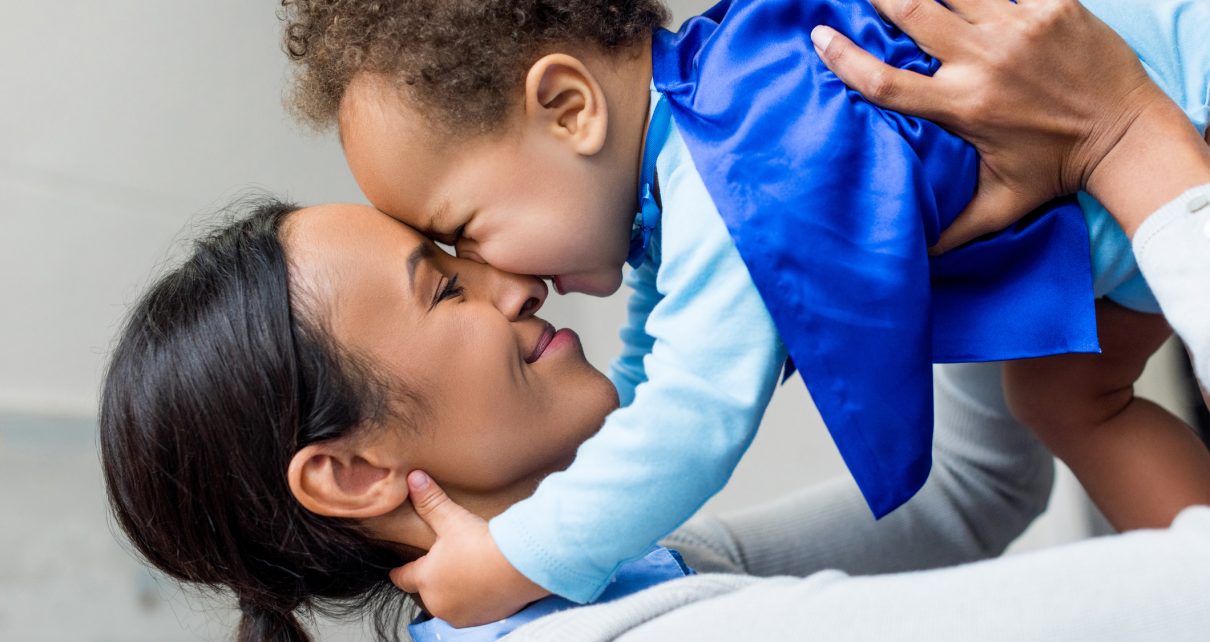Do you find yourself wanting your kid to be more popular, as if that would be the magic wand to ensure their happiness and success in life? Even though I look back on my own teenage years and am glad that I wasn’t one of the “in group”, I find myself wanting that for my kids. How important is it that our kids are popular? Is it really better for them to be popular, or do they just need to learn to deal with this major adolescent issue? Like all parents, this issue is driven home to me periodically when my kids’ popularity is at stake.
Let’s face it, popularity is one of the toughest issues that kids have to work through. Arguably, no time is tougher than the young teen years; at least that was true for me growing up. By mid to late teens, most kids have settled into their groups, or at least the lucky ones have, and if it is the nerds, or the drama geeks or some other group that is less than the in-crowd, the self-esteem blow is not so hard anymore.

I was reminded earlier today what parents can and can’t do to help our kids through this tough time. We can make sure our kids have a haven, a place where they know they are welcomed and cherished for who they are. Although we are powerless to stop the social blows, if they have a haven that will mitigate the damage.
As Vanessa Van Petten, the teen parenting expert I interviewed in April says, this haven is so crucial and important. Kids who feel that they have a place where they are welcomed for who they are, are kids who will survive and thrive as adults. The haven can include journaling, time with family, a small group of friends, or a group focused around a hobby such as drama or art. Parents can do a lot to encouraging their kids to find their niche, and providing messages that their child is loved and accepted for who they are.
Kids who are bullied and have at least one adult who they are close to and matter to, usually survive. It is crucial never to discount our importance to our kids, as well as to their friends, our extended families and other kids in our lives. One major disadvantage of popularity is it can result in kids who can’t deal with rejection, and therefore are very susceptible to being lead in an unhealthy direction. Popular kids will do dangerous and stupid things just to stay popular, because they don’t have the fortitude to stand up and say no, in fear of being rejected.
Ironically, popularity does not provide the one thing that we want most for our kids, for them to know that they are okay just how they are, and that they can make decisions based on their best interests, not what is most popular. Popular kids feel that they are one social gaffe away from losing their status, which makes them extremely insecure. When I think I want my kids to be popular, what I really am wanting is for them to be secure in who they are, which is not at all the same thing. Although we can’t do what we most want to do, which is prevent other kids from being mean to our kids, what we can do is huge.
That is a powerful reminder for me right now. Earlier today our family went to a local event called the Mud Bog, where monster trucks and suped up dragsters run over other vehicles and race through the mud. Not my usual past-time but after years of threatening to drag me to a noisy, dirty auto event, Rob actually did. I’m delighted to say we had a great time and it wasn’t as noisy or dirty as I thought it would be!

Just after we arrived, we ran into two friends of ours who are hockey dads. They told our son, Sam, that their boys were just around the corner hanging out, and suggested he join them. Sam has hung out with one of the boys before, but it’s been a few months since hockey ended so he hasn’t seen the other boy. Nevertheless Sam went off to find them.
I didn’t think much of it when Sam returned shortly afterwards to hang out with us again. I knew that the one boy is very focused on being cool, and although I like his parents a lot, I have not been impressed by his level of maturity. He and Sam haven’t really connected, but with being on the same hockey team for three years, I expected the boys would include him for at least a short time.
Enroute home though I was surprised to hear Sam casually say that the boys ran away from him. The boys are 12 and so running away seems immature, and I was disappointed that they would be so mean. I was pleased for Sam that he wasn’t taking it to heart. However, the event got me thinking once again about popularity and why we want it for our kids.
Fortunately, Sam didn’t seem upset at all either during the Mud Bog or afterwards. We rode on a Monster Truck and he found some girls he knew to talk to. Like many 12-year old boys, he adores his dad (which he demonstrates by attacking him whenever possible), so hanging out with Rob and watching amazing vehicles was a great day for him. I am sure that it hurt that his teammates ran away, but I also know that he has recently been given better armor as well.
We’ve been working through The Optimistic Child by Martin Seligman. It is a great book for warding off depression in kids, and helping to treat it as well. Through the book I’ve recognized residual pessimism in myself that has been passed like a virus to my daughter. It’s been a relief to finally figure out the key to healing her pessimism. As we work through the book together, we are both becoming more optimistic, which is a key trait for raising resilient kids.
The exercises focus on helping kids to find temporary, versus permanent explanations for events (e.g. “Those kids were sure mean today.” versus “Nobody likes me. I’m a loser.”), to see problems as specific versus pervasive and therefore impacting many aspects of their lives (“I need to work on my hockey skills.” versus “I’m just no good at sports.”), and impersonal versus personal. Sam already scores very high for optimism, which for a boy is rare.
I was lying in bed and thinking about how I wish the guys had just talked to Sam for a minute and moved on. Then I got thinking about the bigger issue. Does it actually matter if our kids are popular? What does popularity really mean, and what are the real benefits and consequences? I thought of contacting the most popular kids from my high school to see how they are faring all these years later, to see if being popular served them.
Being popular comes with a lot of challenges. Kids who are popular are often quite anxious because they are aware of the precariousness of their social standing. This anxiety and the peer pressure can prevent kids from growing and maturating. The boys Sam met at the Mud Bog are dating already, and I know the one boy does not feel confident and popular inside. They are great kids who are trying to find their way in the world, and I’m sorry that they weren’t nicer to Sam. Yet I see that my son won’t be worse off in the long run, he is only negotiating a situation that all of us have to learn to deal with, that of peer rejection.
So when do you need to worry about your kids’ popularity? Ask yourself, does my kid have friends? Is he or she generally happy? Does my child have an optimistic or pessimistic view of the world? Does your child have hobbies and activities that he or she likes to do and help provide a haven from the tough social world at school? If you answered yes to these questions, then your child is popular enough.
In Sam’s case, he certainly has a handful of great friendships. He has an optimistic view of the world. He has hobbies, including music which has lead to him joining his first band. He is undeniably a very happy kid with a great sense of being welcomed for exactly who he is. I’m not a Polyanna when it comes to my kids; I know he has his strengths and weaknesses and he isn’t perfect, just like the rest of us. But he knows he is loved and welcomed by a significant few, and while I’m sure he’d love to be universally sought out, I’m also confident that he has strong enough havens to deal with the inevitable social slights of adolescence.
Like most parents, I can see times when either of my kids could do better socially if they had better ways of dealing with others. As Martin says, “Optimism will not make problems disappear. On the contrary, it allows your child to get to the root of the problem so that she can focus on correcting the situation. ” As he goes on to say, children who have good social skills and problem-solving skills are able to make friends, handle new situations, deal with conflict and engender trust from others. That’s what we really want for our kids, isn’t it? The great news is that we can help teach our children those skills.
Once we’ve worked through the sections on optimism, I am looking forward to covering the social skills section. He helps kids learn to be assertive and negotiate for what they want. As well he helps teach kids to take more time before responding, to be more persistent and resourceful. Unfortunately these aren’t skills that most schools teach, and schools aren’t necessarily the best place to teach social skills. However, more than any other skill, if our kids have great social and problem-solving skills, they will be equipped to thrive in their lifetime.
Instead of wanting our kids to be more popular, which has its own host of problems and challenges, we can focus on helping them to develop their social and problem-solving skills. If we do that, we’ll be providing them with a gift that will last a lifetime, unlike popularity which can be taken away in an instant. Even in Hollywood, where popularity is elevated to the utmost of importance, social and problem-solving skills are what makes stars happy and keeps careers together. In the long-run, more social and problem-solving skills would have served Britney Spears a whole lot more than her popularity ever did.

